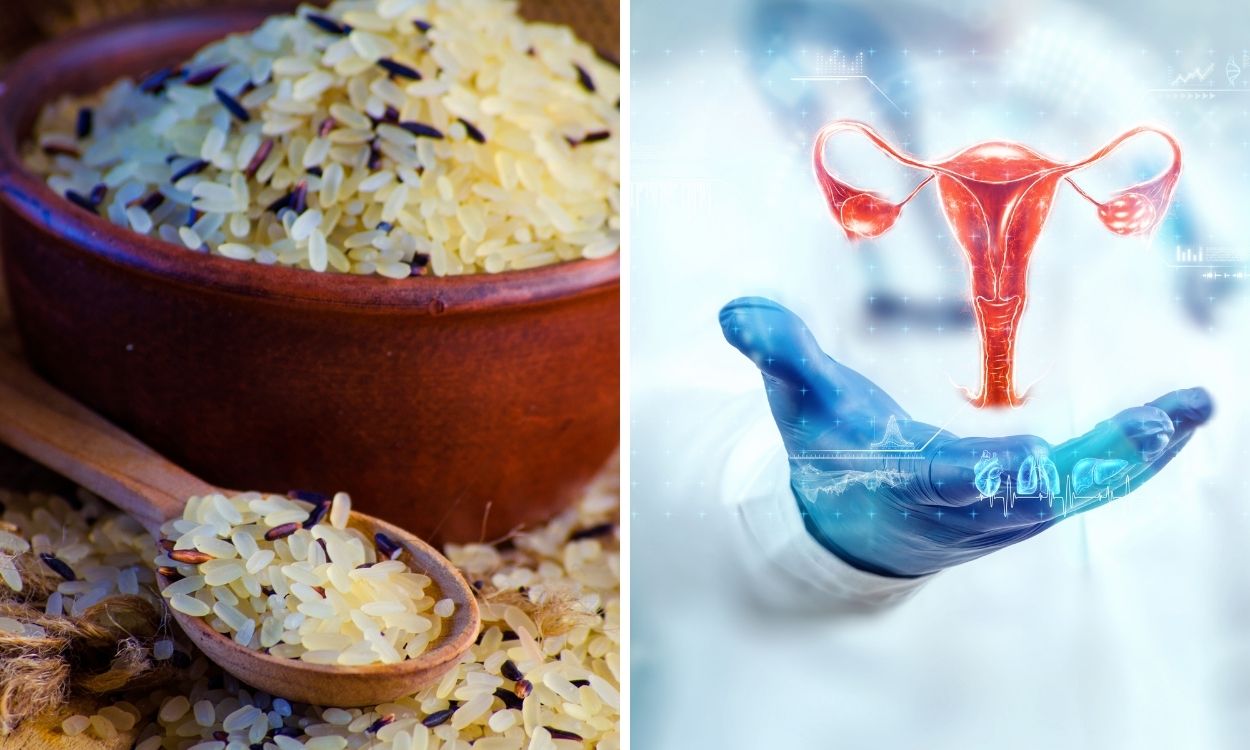Rice and Polycystic Ovary Syndrome (PCOS): Dietary Considerations
Polycystic Ovary Syndrome (PCOS) is a common hormonal disorder that affects women of reproductive age. It is characterized by the presence of multiple cysts in the ovaries, irregular menstrual cycles, and high levels of male hormones. PCOS can lead to a range of health problems, including infertility, diabetes, and heart disease. While there is no cure for PCOS, lifestyle changes, including dietary modifications, can help manage the symptoms.
Rice is a staple food in many parts of India and is consumed in large quantities. However, for women with PCOS, the type and quantity of rice consumed can have an impact on their health. Here are some dietary considerations for women with PCOS who consume rice:
- Choose the right type of rice: Brown rice is a better option than white rice for women with PCOS. Brown rice is a whole grain that is rich in fiber, vitamins, and minerals. It has a lower glycemic index than white rice, which means it does not cause a rapid spike in blood sugar levels. This is important for women with PCOS, as they are at a higher risk of developing insulin resistance and diabetes.
- Watch your portion sizes: While rice is a healthy food, it is important to watch your portion sizes. Women with PCOS should aim to consume no more than 1-2 servings of rice per day. One serving of rice is equivalent to 1/2 cup cooked rice.
- Combine rice with protein and fiber-rich foods: To help manage blood sugar levels, it is important to combine rice with protein and fiber-rich foods. This can include vegetables, lentils, beans, and lean protein sources such as chicken or fish. This combination can help slow down the absorption of carbohydrates and prevent a rapid spike in blood sugar levels.
- Avoid processed and refined foods: Processed and refined foods, such as white bread, pasta, and sugary snacks, should be avoided by women with PCOS. These foods can cause a rapid spike in blood sugar levels and contribute to insulin resistance.
- Consult with a registered dietitian: A registered dietitian can help women with PCOS develop a personalized nutrition plan that meets their individual needs. They can provide guidance on portion sizes, food choices, and meal planning.
In conclusion, rice can be a healthy food choice for women with PCOS if consumed in moderation and combined with other nutrient-rich foods. Brown rice is a better option than white rice, and portion sizes should be monitored. Women with PCOS should also aim to consume a balanced diet that includes a variety of fruits, vegetables, lean proteins, and healthy fats. By making these dietary modifications, women with PCOS can help manage their symptoms and improve their overall health. To get personalized nutrition guidance and support, download the Fitpaa app today.









